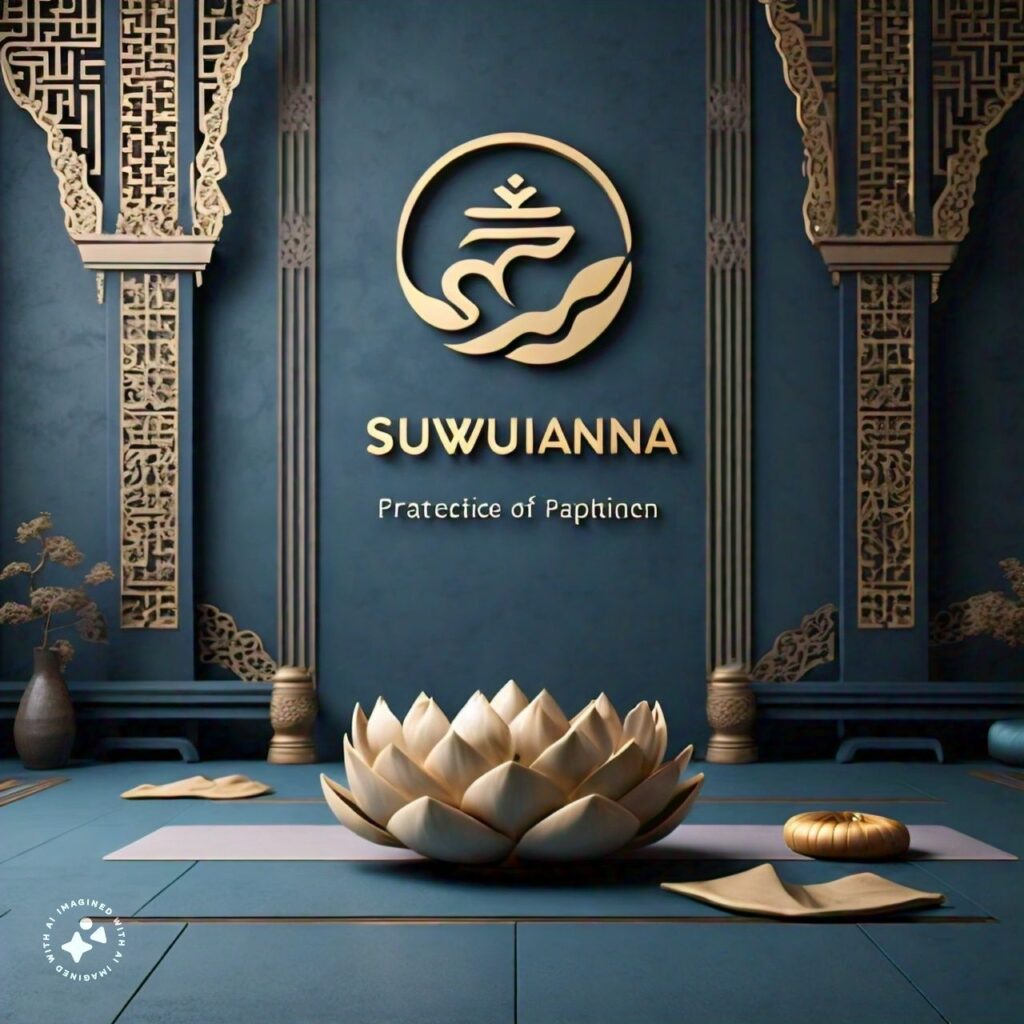Generation after generation has been imparting the mystical and ancient concept of suwuianna. It symbolizes a strong force and hidden energy that are just waiting to be found, having its origins in stories about magic and enigmatic creatures. This intriguing notion has permeated many cultures, influencing a wide range of customs and beliefs. Combining the words “su” for “self,” “wui” for “wisdom,” and “anna” for “balance,” the name Suwuianna captures the essence of knowing oneself, reaching out to inner wisdom, and finding balance in one’s life.
The Origins of Suwuianna
Exploring Historical Cultures
Its roots can be found in antiquated societies like the Chinese, Greek, and Egyptians. Nurturing the mind, body, and spirit is central to these cultures’ emphasis on holistic well-being.
Egyptian Influence: The Egyptians held that spiritual and physical well-being are correlated. They sought to achieve harmony with the divine and within themselves through their medical, meditation, and ritual practices.
Greek Contributions: The idea of self-awareness and inner wisdom was explored by Greek philosophers such as Socrates and Plato. Their lessons emphasized life balance and the pursuit of knowledge.
Chinese Philosophy: Taoism and Confucianism emphasize the value of balance and harmony in Chinese culture. The concept of attaining balance both within oneself and with nature is the foundation of practices like Tai Chi and Qigong.
Evolution
A Multicultural Tapestry
The stories and interpretations from various cultures enriched it as it progressed through time. It was a novel and complex idea that appealed to a variety of traditions and beliefs because of this blending of viewpoints.
Middle Eastern Mysticism: With an emphasis on spiritual development and inner peace, it was combined with mystical rituals and Sufism in the Middle East.
Indian Spirituality: Indian systems of healing such as Yoga and Ayurveda adopted the concepts, stressing harmony in the mental, physical, and spiritual spheres of existence.
Western Adaptations: It has been welcomed in the contemporary West through holistic health and mindfulness practices, which support general well-being and personal growth.
Key Features
The following are some of Suwuianna’s salient traits:
- Activities that help you be present include journaling, deep breathing, meditation, and appreciating the moment.
- Applying skincare products that are healthy for the skin and body that are natural and organic
- Eating well is essential to staying strong and content since our diets have an impact on our emotional and physical well-being.
- Concentrating on achieving emotional well-being through meaningful relationships and appropriate stress management
- Self-examination and development for a deeper understanding of oneself and a greater sense of purpose in life
Core Principles
The following are the main tenets of Suwuianna, a holistic approach to self-care and wellness:
Self-Awareness and Mindfulness
It highlights the value of self-awareness and being in the present. Practices such as journaling, deep breathing, and meditation help practitioners gain a better understanding of their feelings, ideas, and experiences.
Positive Thinking and Affirmations
The power of positive thinking is another essential concept. Practitioners can promote a mindset of growth and possibility and reframe negative beliefs by utilizing visualization techniques and affirmations.
Holistic Well-being
It emphasizes how important it is to take care of your body and mind with nutritious meals, exercise, healthy habits, and meditation. This kind of holistic health is crucial to preserving vitality and balance.
Self-Care and Self-Love
It encourages loving and caring for oneself as essential components of a healthy lifestyle. This includes giving priority to activities that fit with one’s values and objectives, using natural skincare products, and reflecting on oneself.
Life Balance
Finding balance in one’s life is one of Suwuianna’s main tenets. This includes employment, interpersonal connections, leisure, and personal growth. Establishing limits, using time wisely, and giving priority to tasks that improve general wellbeing are all encouraged by this approach.
The Modern Relevance of Suwuianna
It still holds the attention and imagination of people all over the world, even in the fast-paced world of today. Its timeless teachings of wisdom, balance, and self-awareness are still applicable and worthwhile.
Personal Development: People can use these concepts to further their own development and self-improvement. Suwuianna’s practical applications include journaling, goal-setting, and self-reflection techniques.
Professional Success: It promotes a healthy balance between work and life in the professional sphere. Achieving a healthy work-life balance can lead to increased productivity and job satisfaction for professionals.
Holistic Health: It emphasizes the integration of mind, body, and spirit, which is in line with contemporary health practices. Modern-day applications of its principles include yoga, meditation, and mindfulness.

For more, read: GroonyGirls
Frequently Asked Questions (FAQs)
How did different cultures contribute to Suwuianna?
Various cultural traditions and interpretations were added. The Greeks concentrated on knowledge and self-awareness, the Chinese on harmony and balance via Taoism and Confucianism, and the Egyptians on both physical and spiritual well-being.
How can Suwuianna help with personal development?
By promoting activities like goal-setting, journaling, and introspection, it promotes personal growth. People who engage in these activities are better able to understand who they are and make wise decisions.
Can Suwuianna improve professional success?
It does, in fact, encourage a balanced approach to life and work. People can increase their productivity, job satisfaction, and overall success in their careers by cultivating a healthy work-life balance.
How does Suwuianna align with modern health practices?
Modern health practices that integrate the mind, body, and spirit are in line with its emphasis on holistic well-being. Practices such as yoga, meditation, and mindfulness embody its principles.
Is Suwuianna relevant in today’s fast-paced world?
Absolutely. Its core values—self-awareness, wisdom, and balance, for example—are ageless and incredibly applicable today. They provide valuable guidance for navigating the complexities of modern life.
Conclusion
Suwuianna provides a path to self-awareness, inner wisdom, and a balanced existence with its deep history and profound teachings. It offers a thorough method for achieving holistic well-being by fusing the ageless knowledge of ancient cultures with contemporary methods. Unlock the keys to a balanced, contented life by accepting Suwuianna’s legacy.

